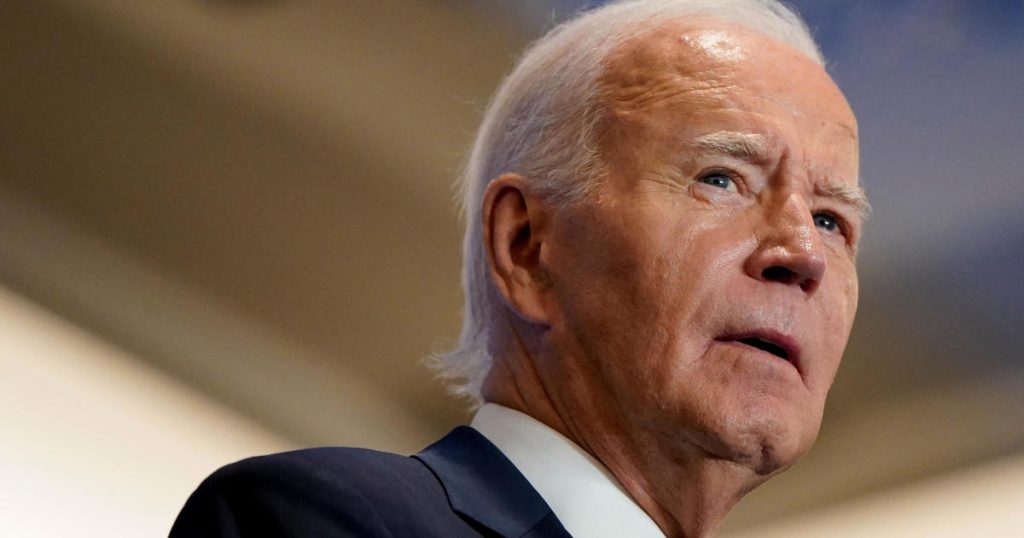President Biden expressed satisfaction with the killing of Hezbollah leader Hassan Nasrallah in a recent airstrike, calling it a “measure of justice” for his many victims, including hundreds of Americans, Israelis, and Lebanese civilians. Nasrallah’s death occurred in the context of increased tensions between Hezbollah and Israel, stemming from Hezbollah’s decision to align with Hamas and launch attacks on Israel. The conflict escalated with a series of explosions targeting Hezbollah leaders, leading to significant casualties in Lebanon and endangering the delicate and dangerous situation between Israel and Hezbollah.
The strikes in Lebanon, which killed at least 12 people and wounded thousands, were part of a broader conflict that has claimed over 500 lives in recent days. The U.S. administration, under President Biden, has expressed full support for Israel’s right to defend itself against Hezbollah, Hamas, and other Iranian-supported terrorist groups. The administration has also directed the Secretary of Defense to enhance the defense posture of U.S. military forces in the region, while simultaneously seeking to de-escalate conflicts through diplomatic means. President Biden emphasized the importance of avoiding a full-scale war in his final speech to the United Nations General Assembly.
The killing of Hassan Nasrallah marks a significant development in the ongoing conflict in the Middle East, which has dominated President Biden’s last year in office. The situation between Israel and Hezbollah remains tense, with the potential for further escalation or even an Israeli ground incursion into Lebanon. Despite calls for a cease-fire and diplomatic efforts to reduce tensions, the region continues to face instability and violence. The U.S. remains committed to supporting Israel’s defense against terrorist groups like Hezbollah and Hamas, while also seeking to prevent a broader conflict that could have devastating consequences for the region.
The broader context of the conflict, including Hezbollah’s role in the ongoing violence and its alignment with Hamas, has contributed to the escalating tensions in the region. President Biden’s administration has condemned terrorist actions and expressed solidarity with Israel in its efforts to combat these threats. The U.S. military has been directed to bolster its presence in the Middle East to address security concerns and protect American interests in the region. The administration’s priority is to prevent further violence and promote peace through diplomatic channels, while acknowledging the complex and volatile dynamics at play in the Middle East.
As the conflict between Israel and Hezbollah continues to unfold, the international community remains on edge, with concerns about the potential for further violence and instability in the region. President Biden’s efforts to de-escalate the situation and pursue diplomatic solutions reflect a commitment to preventing a full-scale war and protecting civilian populations from the devastating effects of continued conflict. The killing of Hassan Nasrallah and the ongoing clashes in the region underscore the challenges and complexities of the Middle East’s political landscape, as various actors vie for power and influence amid a backdrop of longstanding animosities and unresolved grievances. The path to peace and stability remains uncertain, but efforts to address root causes and promote dialogue offer hope for a resolution to the region’s long-standing conflicts.


